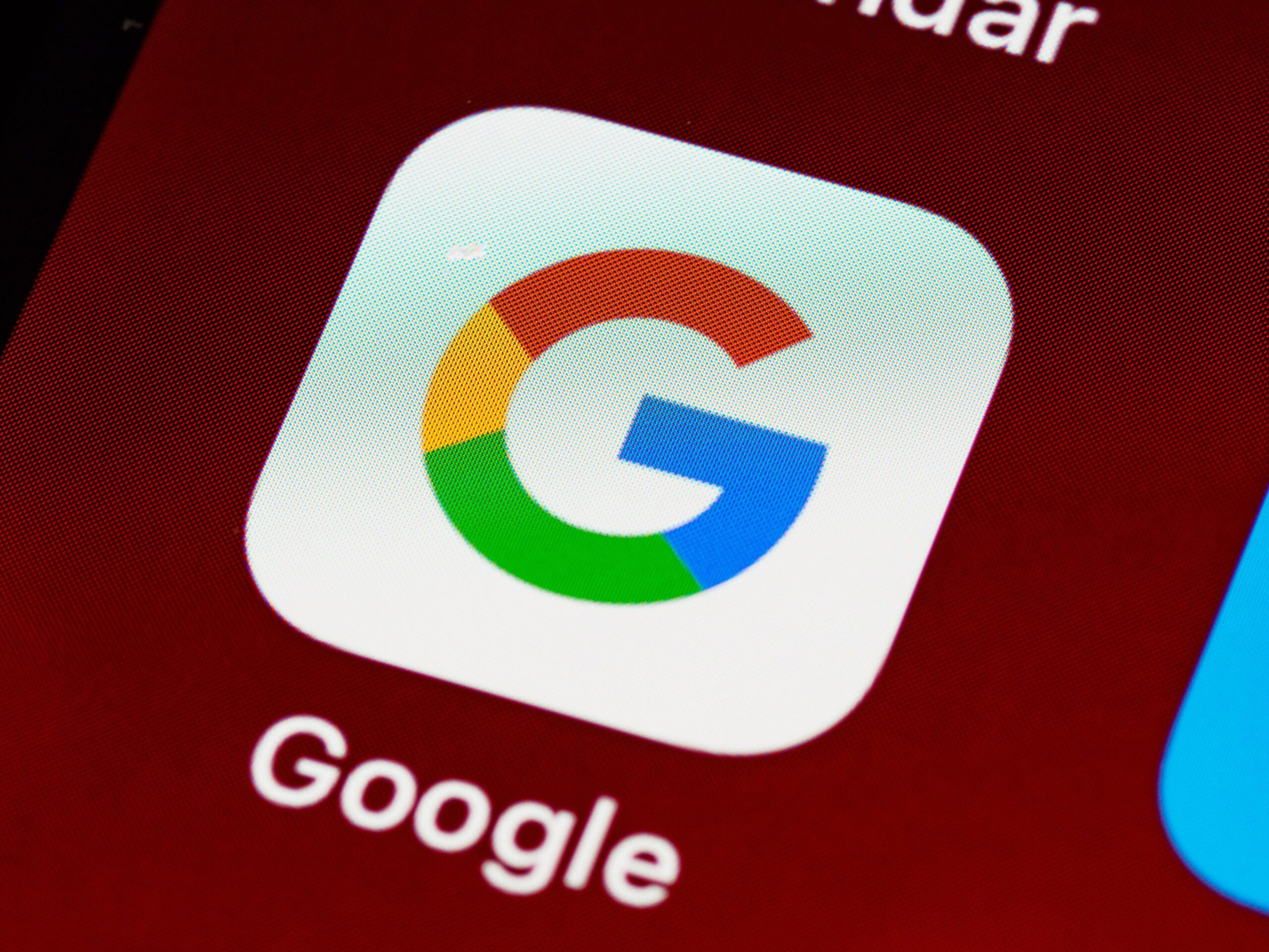
The US Justice Department is filing a lawsuit against Google, accusing it of abusing its size to harm consumers.
The company is accused of abusing its dominance of search and online services to stop competition to help itself.
The landmark case – likely to be the biggest since legal action against Microsoft more than 20 years ago – could be the beginning of a range of actions against tech companies, with others such as Facebook, Apple and Amazon all facing questions over their size and dominance.
Coming just days before the US presidential election, the filing’s timing could be seen as a political gesture since it fulfills a promise made by President Donald Trump to his supporters to hold certain companies to account for allegedly stifling conservative voices.
Republican Senator Josh Hawley, a vociferous Google critic, accused the company of keeping power through “illegal means” and called the lawsuit “the most important antitrust case in a generation.”
Lawmakers and consumer advocates have long accused Google, whose corporate parent Alphabet Inc. has a market value just over $1 trillion, of abusing its dominance in online search and advertising to stifle competition and boost its profits. Critics contend that multibillion-dollar fines and mandated changes in Google’s practices imposed by European regulators in recent years weren’t severe enough and that structural changes are needed for Google to change its conduct.
The case is expected to be filed in federal court in Washington, D.C., and will allege Google has been abusing its dominance in online search to stifle competition and harm consumers, the person familiar with the matter told the AP. It will also allege that Google uses billions of dollars collected from advertisers to pay phone manufacturers to ensure Google is the default search engine on browsers, the person said. The person could not discuss the matter publicly before a formal announcement expected later Tuesday morning and spoke to the AP on the condition of anonymity.
The Trump administration has long had Google in its sights. A top economic adviser to President Donald Trump said two years ago that the White House was considering whether Google searches should be subject to government regulation. Trump has often criticized Google, recycling unfounded claims by conservatives that the search giant is biased against conservatives and suppresses their viewpoints, interferes with U.S. elections and prefers working with the Chinese military over the Pentagon.
Google controls about 90% of global web searches. The company has been bracing for the government’s action and is expected to fiercely oppose any attempt to force it to spin off its services into separate businesses.
The company, based in Mountain View, California, has long denied the claims of unfair competition. Google argues that although its businesses are large, they are useful and beneficial to consumers. It maintains that its services face ample competition and have unleashed innovations that help people manage their lives.
Most of Google’s services are offered for free in exchange for personal information that helps it sell its ads. Google insists that it holds no special power forcing people to use its free services or preventing them from going elsewhere.
A recent report from a House Judiciary subcommittee, following a year-long investigation into Big Tech’s market dominance, concluded that Google has monopoly power in the market for search. It said the company established its position in several markets through acquisition, snapping up successful technologies that other businesses had developed — buying an estimated 260 companies in 20 years.
The argument for reining in Google has gathered force as the company stretched far beyond its 1998 roots as a search engine governed by the motto “Don’t Be Evil.” It’s since grown into a diversified goliath with online tentacles that scoop up personal data from billions of people via services ranging from search, video and maps to smartphone software. That data helps feed the advertising machine that has turned Google into a behemoth.
The company owns the leading web browser in Chrome, the world’s largest smartphone operating system in Android, the top video site in YouTube and the most popular digital mapping system. Some critics have singled out YouTube and Android as among Google businesses that should be considered for divestiture.
With only two weeks to Election Day, the Trump Justice Department is taking bold legal action against Google on an issue of rare bipartisan agreement. Republicans and Democrats have accelerated their criticism of Big Tech in recent months, although sometimes for different reasons. It’s unclear what the status of the government’s suit against Google would be if a Joe Biden administration were to take over next year.
The Justice Department sought support for its suit from states across the country that share concerns about Google’s conduct. A bipartisan coalition of 50 U.S. states and territories, led by Texas Attorney General Ken Paxton, announced a year ago they were investigating Google’s business practices, citing “potential monopolistic behavior.”
Additional reporting by agencies
